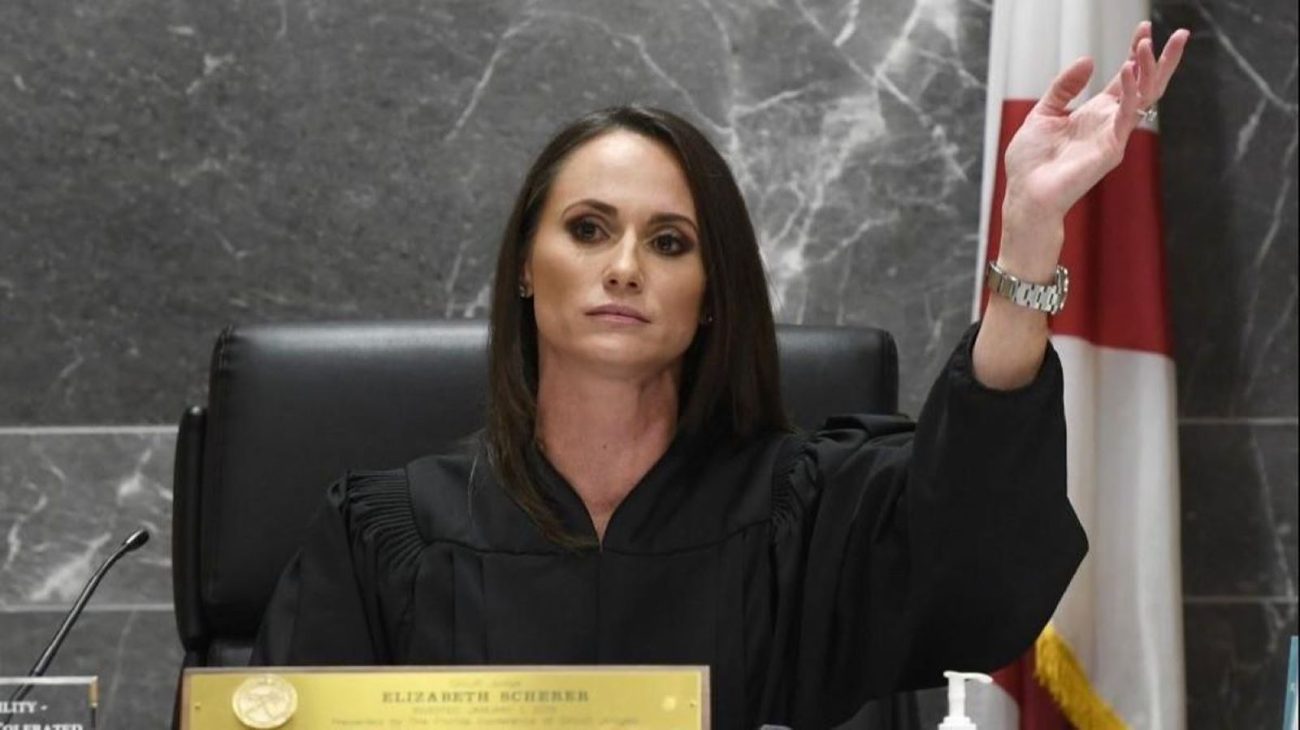Schools had no duty to warn parents about Parkland shooter, judge rules
South Florida Sun Sentinel | by Rafael Olmeda | February 8, 2021
The Broward school district had no responsibility to warn students and faculty at Marjory Stoneman Douglas High School of the danger posed by a former student who later carried out a deadly rampage in the school, a judge ruled Monday.
The decision by Broward Circuit Judge Patti Englander Henning was a significant victory for the Broward School Board and a painful loss for the Parkland families suing the district for the lapses they say allowed the gunman to operate unchecked until it was too late.
Nikolas Cruz, then 19, killed 17 people at the Parkland high school and wounded 17 more while stalking the halls with an AR-15 rifle on Valentine’s Day 2018.
Cruz is awaiting trial on multiple murder charges and faces the death penalty if convicted. The school district, Cruz, the Broward Sheriff’s Office and on-duty deputies who failed to prevent or stop the massacre have been sued by numerous family members of the slain and surviving victims.
In the long-awaited ruling she issued Monday, Englander Henning said the district cannot be liable for failing to predict actions that might have happened had various issues been handled differently.
“The District had no control over Cruz,” the judge ruled. “They did not have custody over him. He was not a student in the system and had not been for over a year. In fact, he was refused access to the campus once he left school. Nor did the district have pre-knowledge of a definitive threat by Cruz.”
The decision is another significant loss for parents who have sought for three years to hold officials accountable for their failures to prevent the mass shooting at Stoneman Douglas.
In September, the Florida Supreme Court determined that for insurance purposes, the school district is allowed to treat the shooting as a single incident, capping liability at a total of $300,000 to be split among all the victims who have filed suit. Any award above that amount would have to be approved by a claims bill passed by the state legislature.
Englander Henning also ruled in October that the victims of the shooting and their families will have to turn over some records of their mental health treatment since the tragedy. The records are routine disclosures in cases involving allegations of mental suffering, but in the Stoneman Douglas case, some representatives of the victims were arguing it should not have been necessary.
Among the plaintiffs suing Cruz and the school district are Andrew Pollack, father of victim Meadow Pollack; Fred Guttenberg, father of victim Jaime Guttenberg; and survivor Anthony Borges, who was shot during the rampage.
“How is a kid supposed to feel safe attending a public school under those conditions?” said Alex Arreaza, Borges’ lawyer. “That ruling puts every child in danger. To think that the school board has no obligation to warn us of anyone else like Nikolas Cruz in the system should give all parents a deep concern.”
Eugene Pettis, the attorney representing the Broward School Board in the lawsuit, declined to comment about the details Monday afternoon because he had not yet spoken with the superintendent or the board. “I do believe the ruling speaks for itself,” he said.
The judge said the plaintiffs are relying on too many “what if” questions to build a solid legal claim for damages.
“There is no foundation for the argument,” she said, “that if Cruz had been sent to a different program, and if he had been treated as a higher threat years before the incident, and if he had been criminally charged years earlier so he’d have been convicted and could not buy or own a gun, and if he had never been permitted to attend Marjory Stoneman Douglas, then he would not have been on this campus and would never have committed the crime.”
David Brill, attorney for the Pollack family, said he was disappointed in the ruling.
“It is simply wrong on the facts and the law,” he said. “School boards have a duty to warn their students of the potential danger posed by even unknown third party criminal actors. The school board knew Cruz posed a specific risk to these students and teachers at this school, having identified him as ‘crazy boy’ and the one most likely to return to the school to shoot it up.”
An appeal is not likely however, Brill said, because the plaintiffs still have other legal arguments to hold the school district accountable.
Photo: Judge Elizabeth Scherer. Sun Sentinel Editorial/WPEC-CBS12






